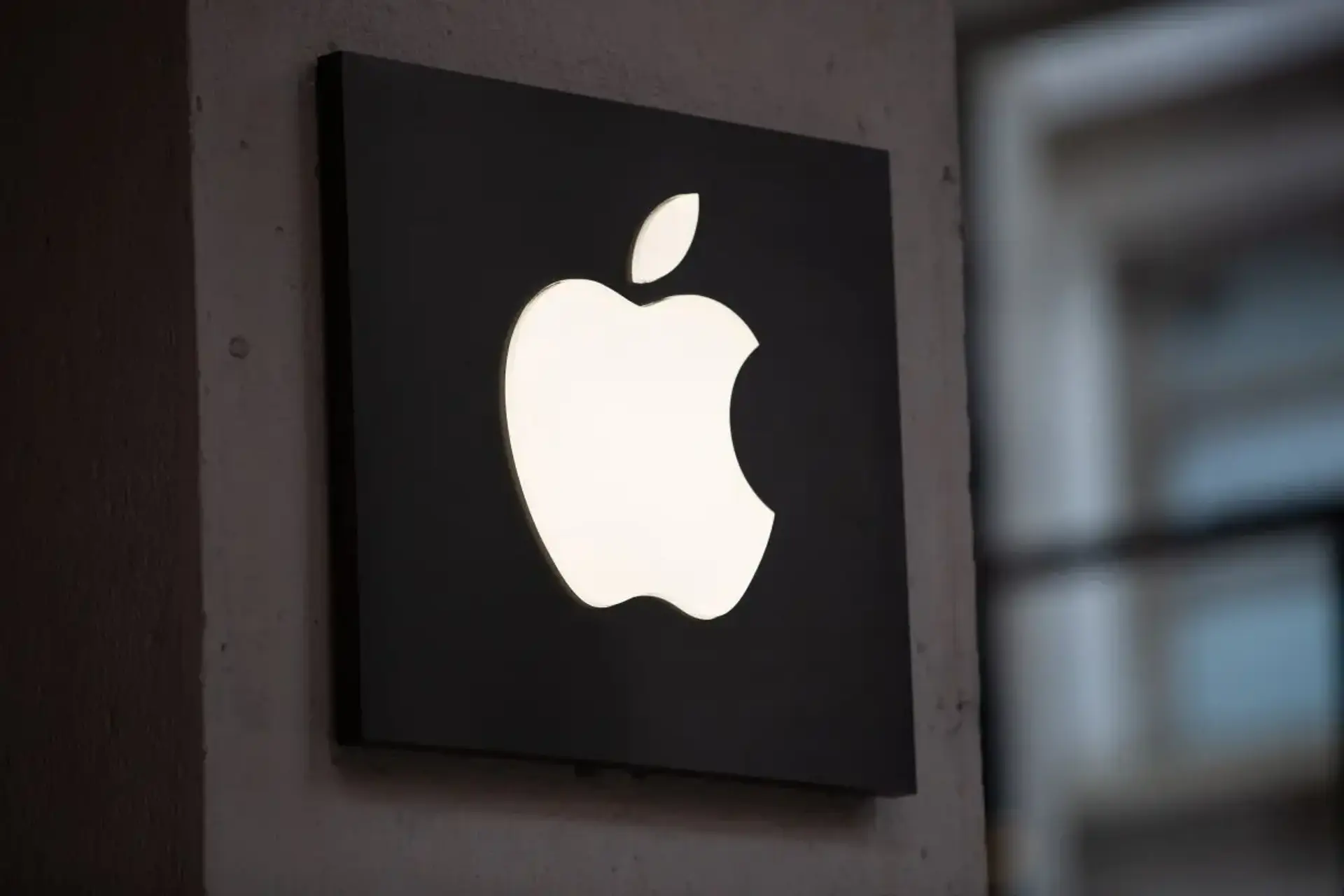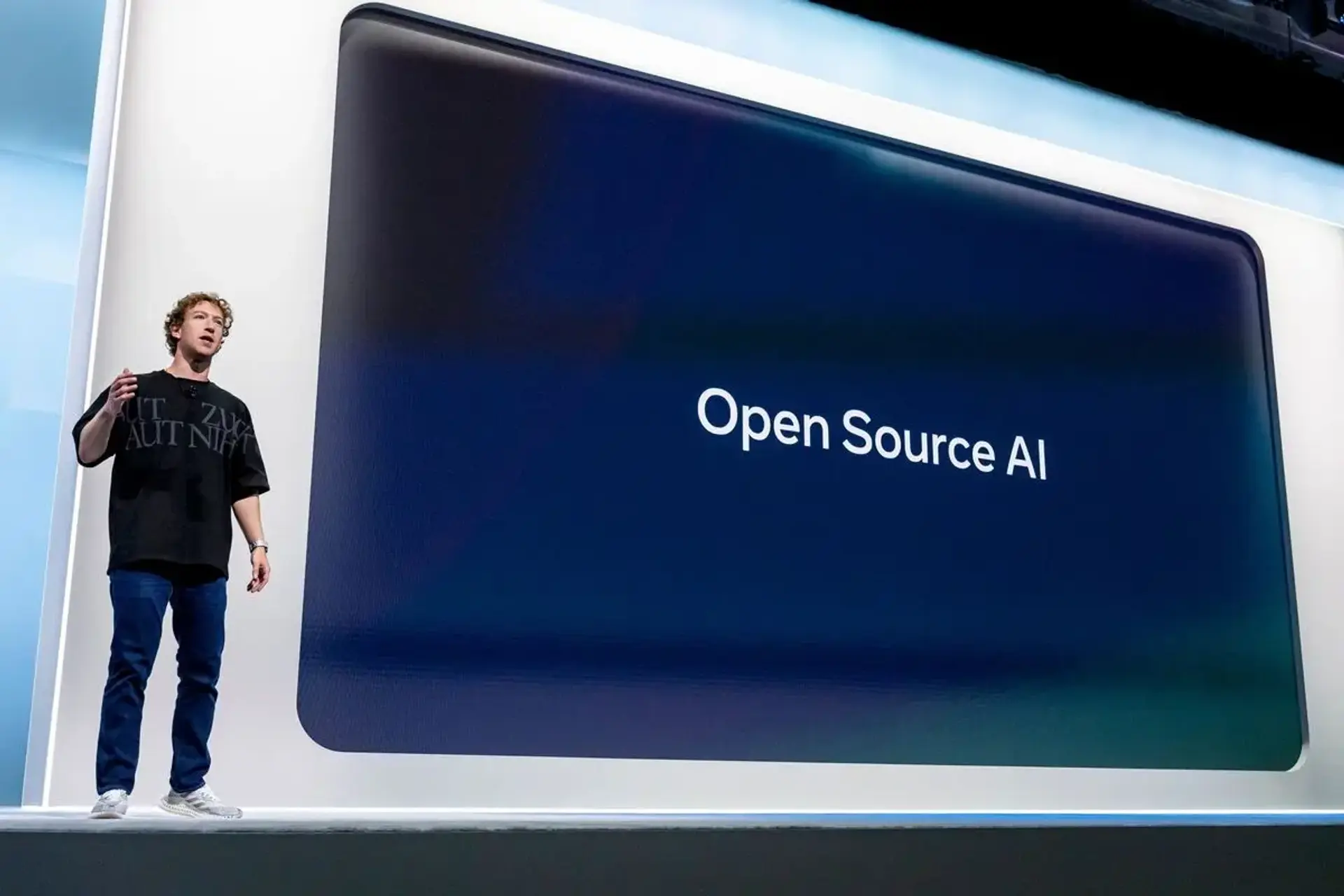Apple is under pressure to revamp its artificial intelligence strategy amid concerns about its current efforts. The company's approach, which emphasises on-device processing and privacy, has been criticised for lagging behind competitors who are investing heavily in cloud-based AI and large language models. Some analysts suggest Apple needs to make strategic acquisitions to bolster its AI capabilities, while others believe the company can succeed by focusing on tightly integrating AI features into its existing devices and operating systems. Apple's AI strategy, dubbed 'Apple Intelligence', aims to deliver ambient, responsive, and privacy-respecting AI experiences. The company is also opening up its on-device AI to third-party developers through the Foundation Models framework, allowing them to build AI-powered features directly into their apps. However, critics argue that Apple's over-reliance on on-device processing limits the scale and complexity of its AI features compared to cloud-based systems.
Apple's AI strategy centres around 'Apple Intelligence', a hybrid, multi-tiered framework designed to balance privacy, performance, and power. This architecture leverages custom silicon, such as the A-series and M-series chips, to accelerate machine learning workloads on-device. By prioritising on-device processing, Apple aims to minimise the need to send sensitive user data to the cloud, aligning with its long-standing commitment to user privacy. The company is also investing in Private Cloud Compute (PCC) to provide developers with AI tools optimised for Apple devices, ensuring low latency and high privacy. Apple's unified 'OS 26' branding and 'Liquid Glass' design language further enhance the user experience by making AI features ambient and contextually available across all its platforms.
Despite these efforts, Apple faces challenges in the competitive AI landscape. The company's late entry into the AI race and its limited cloud capabilities have drawn criticism. Some analysts suggest that Apple needs to acquire an existing LLM company to address the global scaling of AI. However, Apple seems to be focusing on improving its existing LLM partnerships and leveraging its hardware-software symbiosis to deliver unique AI experiences. The success of Apple's AI strategy will depend on its ability to innovate and differentiate itself in a market dominated by cloud-centric AI solutions.




